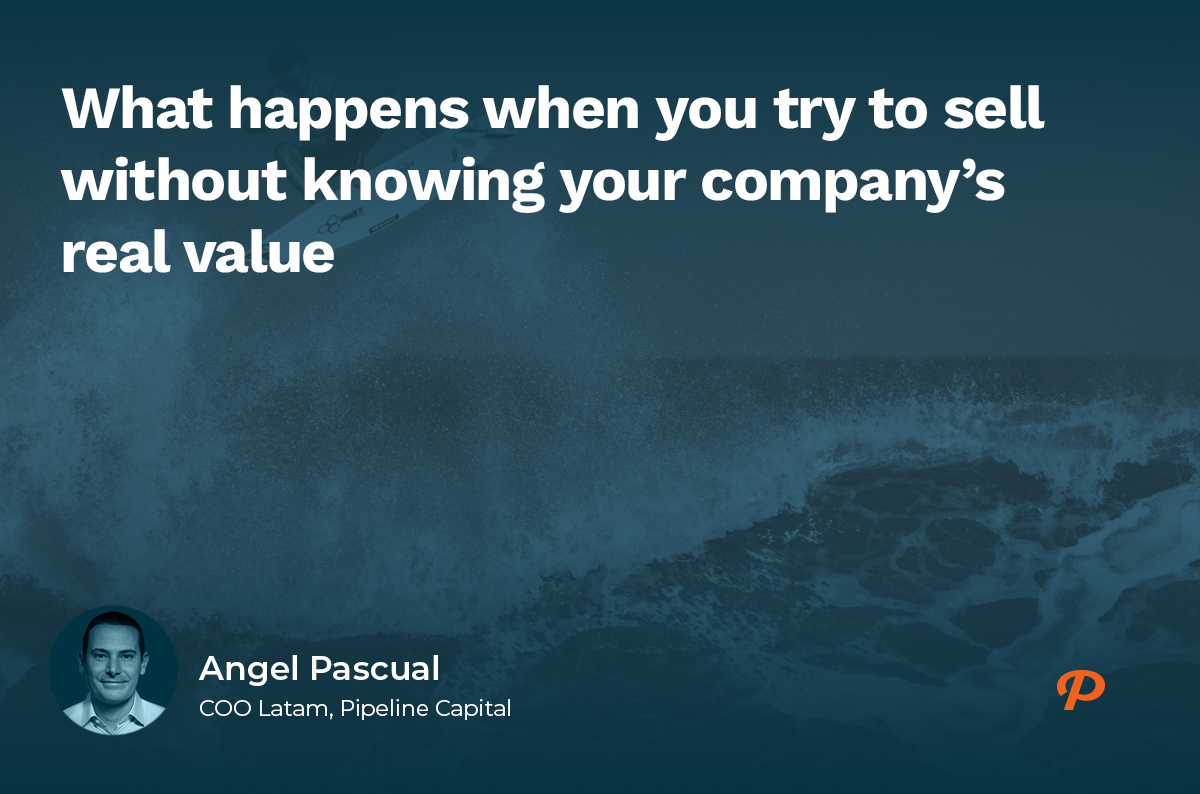Key risk: selling too cheap or asking above fair value and scaring buyers away
We all have a rough idea of how much our house or car is worth. We rely on market references, data from portals, and comparisons with similar transactions.
However, many entrepreneurs —even though their company is their main asset— don’t really know how much it’s worth. And when they do have a number in mind, they often struggle to justify it with solid arguments and verifiable data.
In the world of mergers and acquisitions (M&A), this is a serious problem: selling without knowing your company’s true value can lead to two very costly mistakes…
The Risk of Selling Too Cheap
Without an objective valuation, some founders set a price for their company based on:
- What they need for their next project.
- What they heard a similar company was sold for.
- A “round number” that simply sounds good.
The result: accepting offers far below market value, sacrificing years of effort and wealth due to lack of preparation.
The Danger of Asking Above Fair Value
On the other end, it’s also common to set an unrealistically high price. This can lead to:
- Buyers walking away without even analyzing the deal.
- The market labeling the business as “overpriced.”
- Wasting time and credibility during the process.
In M&A, first impressions matter: if a buyer feels the price isn’t backed up, it’s very difficult to change that perception.
Solutions
To avoid these risks, the first step is to obtain a professional, well-founded valuation. Some key points:
Valuing the company with the Discounted Cash Flow (DCF) method
This method projects future cash flows and discounts them at a rate that reflects business and market risk. It’s especially useful when the company has a solid financial track record and clear projections, as it estimates its intrinsic value.
Reviewing key financial metrics
EBITDA, margins, annual growth, and actual cash generation.
Analyzing market trends and recent comparables
Looking at what multiples are being paid for similar companies in the sector and region.
Considering intangible assets
Brand, client portfolio, intellectual property, and know-how also add value.
A well-prepared valuation not only defines a fair price range, but also provides strong arguments during negotiation and increases buyer confidence.
Conclusion
Trying to sell without knowing your company’s real value is like playing poker with your cards facing up… or making up the rules as you go.
At Pipeline Capital, we’ve seen firsthand how an accurate valuation makes the difference between closing a successful deal or missing a unique opportunity.
If you’re considering selling, start by knowing your company’s real value. It’s not an expense: it’s the best investment you can make to maximize your return.

